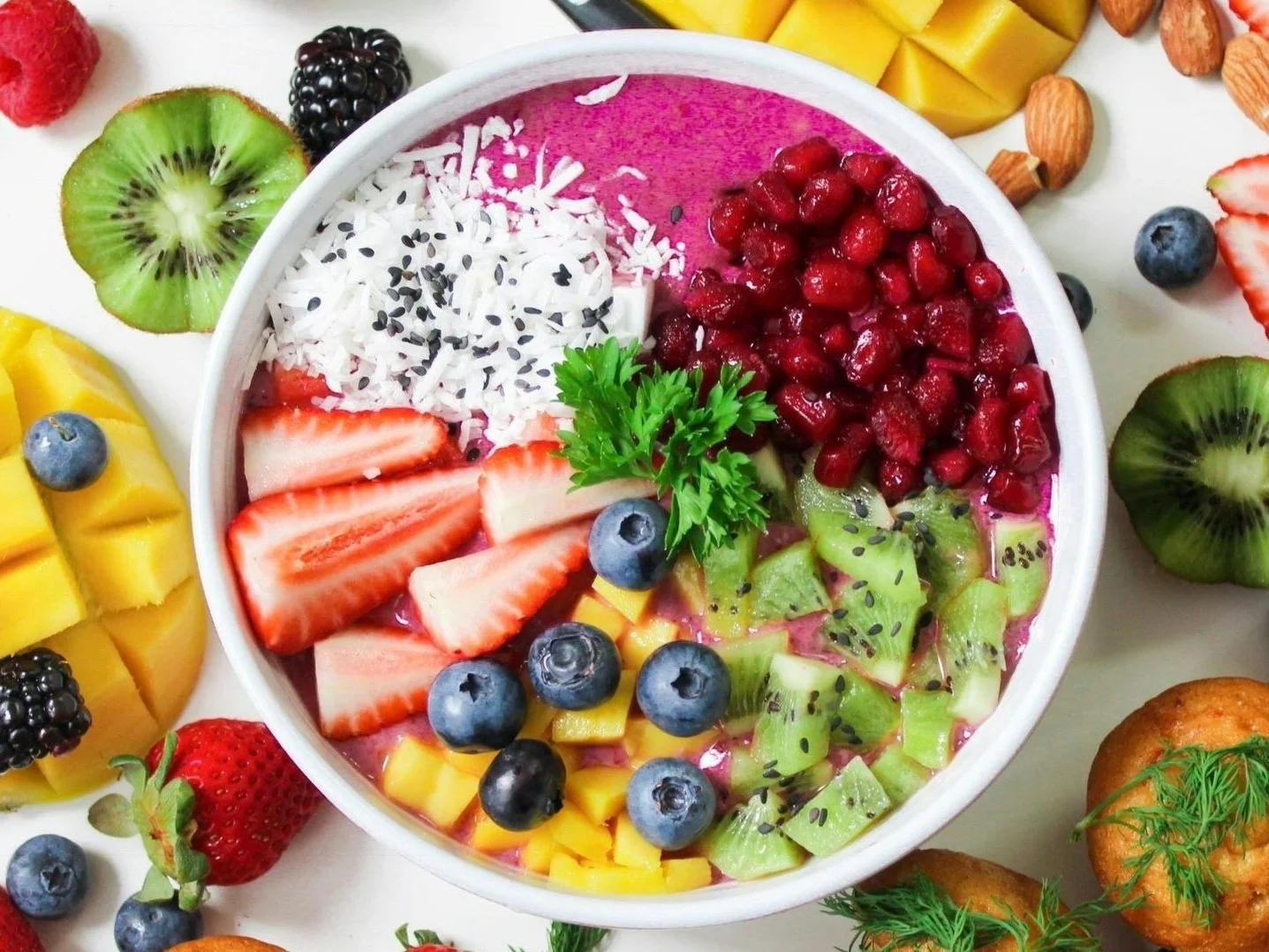Eating for Endometriosis: Supporting Your Health Through Nutrition
Kristy Wiseman - APD
Endometriosis is a chronic condition where tissue similar to the uterine lining grows outside the uterus, causing inflammation, pain, and sometimes fertility challenges. While diet cannot cure endometriosis, certain nutrition choices may help manage symptoms, reduce inflammation, and support overall well-being.
Here’s some key dietary strategies that may be beneficial:
1. Fill Your Plate with Antioxidants
Endometriosis is characterised by chronic inflammation, so adopting a diet rich in antioxidants can be beneficial. Load up on colourful fruits and vegetables, whole grains, nuts, seeds, and extra virgin olive oil. Antioxidants help combat oxidative stress, which has been linked to endometriosis related pain and tissue damage.
2. Focus on Fibre and Gut Health
A higher fibre diet supports oestrogen metabolism, which is crucial for endometriosis management. Elevated oestrogen levels are often linked to more severe symptoms, and fibre helps promote hormone balance by assisting in the elimination of excess oestrogen. Additionally, fibre (especially prebiotic fibres) and probiotics support gut health and ensure a balanced gut microbiome, which is important for hormone balance and immune function. Opt for lower GI (glycaemic index) fibres found in fruits, vegetables and wholegrains as higher GI fibres may increase the insulin response, potentially impacting endometriosis symptoms.
3. Include Omega-3’s
Omega-3 fats have anti-inflammatory properties that help counteract the inflammation associated with endometriosis. They also support egg health, which is especially important for those looking to conceive. Aim to include oily fish (like salmon or sardines) 2-3 times per week, and add chopped walnuts and a sprinkle of chia seeds to your breakfast for an extra boost.
4. Reduce Red Meat Intake and Limit Processed Foods
Studies show a potential association between high red meat intake and endometriosis, possibly due to the inflammatory nature of saturated fats and certain chemicals in processed meats that may exacerbate symptoms. Instead, choose lean proteins like chicken, turkey, legumes, and tofu. Limiting processed foods is also advised, as they often contain trans fats, sugar, and additives that can contribute to inflammation.
5. Consider FODMAPs
Many individuals with endometriosis also experience gut symptoms and may even be diagnosed with IBS (Irritable Bowel Syndrome) before endometriosis. If you experience changes in bowel habits, consider trying a low FODMAP diet to reduce fermentable carbohydrates and identify potential trigger foods. But, before you get stuck into it, please discuss it with a dietitian to ensure you’re getting enough fibre and not being overly restrictive.
While dietary changes won’t cure endometriosis, they can play a supportive role in managing symptoms and enhancing your quality of life. Each person’s response to dietary modifications can vary, so working with a dietitian to tailor an approach that best suits your needs and lifestyle can be beneficial.
Get in touch to learn more about how dietary strategies can support your journey with endometriosis.
References:
https://pubmed.ncbi.nlm.nih.gov/23419794/
https://pubmed.ncbi.nlm.nih.gov/26841161/
https://pubmed.ncbi.nlm.nih.gov/28326519/
https://pubmed.ncbi.nlm.nih.gov/20332166/
https://pubmed.ncbi.nlm.nih.gov/10088623/
https://pubmed.ncbi.nlm.nih.gov/10952093/
Disclaimer: This article is for informative and educational purposes only and is in no way intended to replace individualised nutritional or medical advice.


